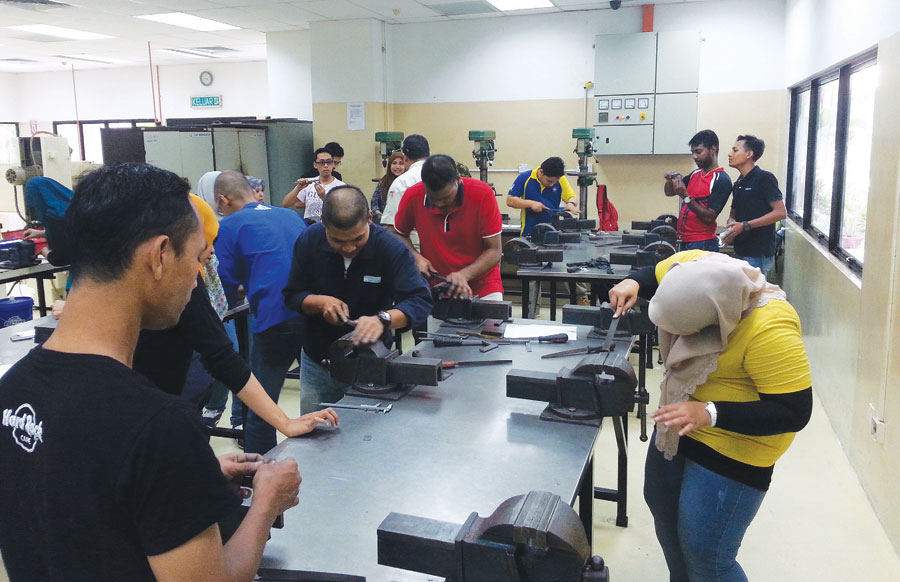- Home
- March 2017
- Making the Needs of Employees and Employers Meet

Previous Post
Doors of Perception and Translation
15 min read
Beyond a handful of specialists, knowledge of historical French connections with Penang and the wider Malay archipelago is thin. Perhaps this should not come as...
Next Post
Tackling the Immigrant Issue Seriously
5 min read
US President Donald J. Trump’s executive order to ban immigrants from seven Muslims majority country provoked strong negative reactions in the country and...
You might also like
More Women in Local Government Makes it More Relevant to More Voters
7 min read
The “lowest” form of government, the third tier of governance, the ones who examine drains and tend to trees – such is the perception of the r...
by
Cheah Wui Jia
Doors of Perception and Translation
15 min read
Beyond a handful of specialists, knowledge of historical French connections with Penang and the wider Malay archipelago is thin. Perhaps this should not come as...
Making the Needs of Employees and Employers Meet
6 min read
Vocational education and training (VET) connotes pre-employment training, skills upgrading, retraining and remedial training, which are all meant to prepare ind...



